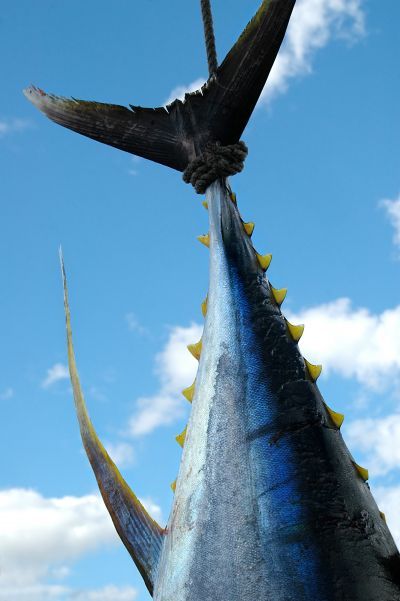Your support helps us to tell the story
From reproductive rights to climate change to Big Tech, The Independent is on the ground when the story is developing. Whether it's investigating the financials of Elon Musk's pro-Trump PAC or producing our latest documentary, 'The A Word', which shines a light on the American women fighting for reproductive rights, we know how important it is to parse out the facts from the messaging.
At such a critical moment in US history, we need reporters on the ground. Your donation allows us to keep sending journalists to speak to both sides of the story.
The Independent is trusted by Americans across the entire political spectrum. And unlike many other quality news outlets, we choose not to lock Americans out of our reporting and analysis with paywalls. We believe quality journalism should be available to everyone, paid for by those who can afford it.
Your support makes all the difference.Greenpeace says a new series of tests have uncovered some weird stuff in the contents of popular tinned tuna brands from all over the world.
The environmental watchdog said on November 23 that recent tests conducted by a Spanish marine research lab on canned tuna products from Europe, North America, New Zealand and Australia have uncovered some inconsistencies, but offered no insight on how to avoid being mislead by incorrect labels.
Inconsistencies discovered:
- Two different species of tuna appearing in the same can, which is illegal in the European Union.
- Incorrect labeling of contents (tins contained species different from what was claimed on the label, including over-fished species), which may impact consumer choices in the supermarket.
Researchers tested at least five different tuna brands from each country.
"Tuna companies [...] are stuffing multiple species of tuna, including juveniles of species in decline, into tins that shoppers [...] expect to contain a sustainable product, Greenpeace's Nina Thuellen said.
Take these findings with a grain of salt - in many countries, it is standard practice for several varieties of tuna to be canned together and sold as "light" or "dark" meat. The majority of information available to consumers regarding tuna labeling, however, is on dolphin safety and sustainability concerns - not nutritional and or content mislabeling.
Sustainable Seafood Canada produces sustainable seafood advisory lists and consumer guides for responsible seafood purchasing. Take a look here: http://www.seachoice.org/profile/70
More information on what exactly is contained in canned tuna: http://www.sustainablewaters.com/tuna-in-cans-love-them-but-whats-really-in-them/
If you're more concerned with taste than with vague inconsistencies, browse The Splendid Table's choice listing of luxury canned tuna from all over the world: http://splendidtable.publicradio.org/souptonuts/fish_tuna.shtml
Take a look at Epicurious' canned tuna taste test: http://www.epicurious.com/articlesguides/everydaycooking/tastetests/cannedtunatastetest
Or, forget canned tuna altogether and go for smoked tuna. Buy it online at: http://www.vallebona.co.uk/search.asp?strKeywords=Tuna

Join our commenting forum
Join thought-provoking conversations, follow other Independent readers and see their replies
Comments